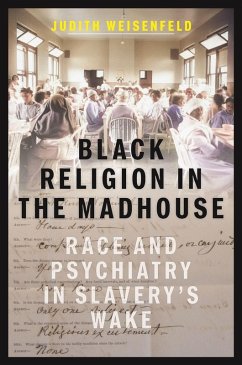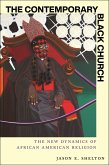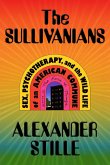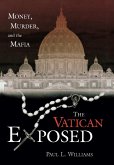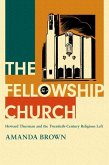How white psychiatrists pathologized African American religions In the decades after the end of slavery, African Americans were committed to southern state mental hospitals at higher rates as white psychiatrists listed "religious excitement" among the most frequent causes of insanity for Black patients. At the same time, American popular culture and political discourse framed African American modes of spiritual power as fetishism and superstition, cast embodied worship as excessive or fanatical, and labeled new religious movements "cults," unworthy of respect. As Judith Weisenfeld argues in Black Religion in the Madhouse, psychiatrists' notions of race and religion became inextricably intertwined in the decades after the end of slavery and into the twentieth century, and had profound impacts on the diagnosis, care, and treatment of Black patients. This book charts how racialized medical understandings of mental normalcy pathologized a range of Black religious beliefs, spiritual sensibilities, practices, and social organizations and framed them as manifestations of innate racial traits. Importantly, these characterizations were marshaled to help to limit the possibilities for Black self-determination, with white psychiatrists' theories about African American religion and mental health being used to promote claims of Black people's unfitness for freedom. Drawing on extensive archival research, Black Religion in the Madhouse is the first book to expose how racist views of Black religion in slavery's wake shaped the rise of psychiatry as an established and powerful profession.
Hinweis: Dieser Artikel kann nur an eine deutsche Lieferadresse ausgeliefert werden.
Hinweis: Dieser Artikel kann nur an eine deutsche Lieferadresse ausgeliefert werden.

